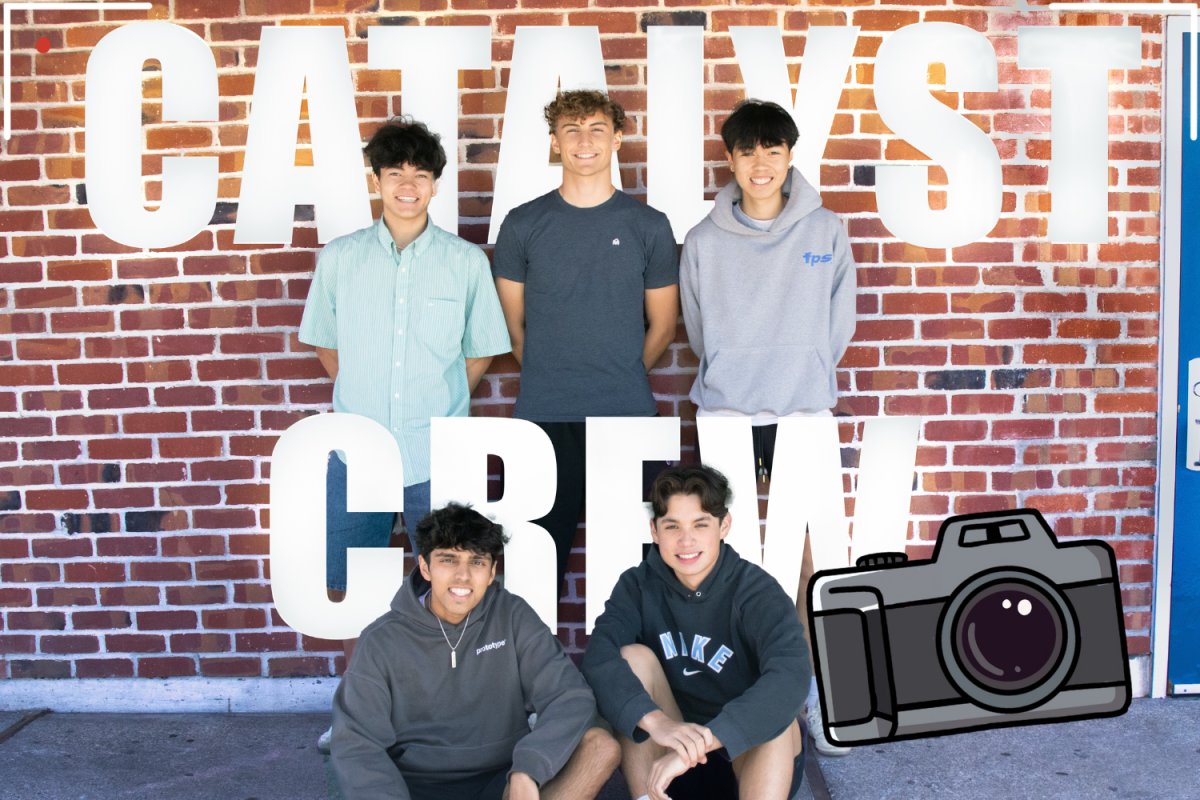“The initial stanza seems quiet; it feels like they can hear the destruction in the distance, and then somebody notices and shouts it out, ‘Gas! GAS! —’” literature teacher Maggie Welsh said.
“Dulce Et Decorum Est“ uses vivid visuals, rapid, rhythmic pacing and a sadistic setting to immerse the reader into a waking nightmare. The early 20th century poem is a product of the experiences of Lieutenant Wilfred Owen and the horrors that he saw on the British-German front of World War I.
Marching through the muddy French terrain, the group of soldiers that Owen depicts are being bombarded by bullets and poison gas. There is an instant suspended in time as the soldiers realize the gravity of the situation. Owen skillfully utilizes punctuation to bring this moment to reality.
“The use of dashes creates a pregnant pause when we can feel the gas coming, and it replicates the feeling that they’re running when somebody says “Quick boys!’” Welsh said.
The narrator watches a man succumb to the gas and there is nothing they can do other than hoist the dying soldier onto the back of their wagon and keep moving. The narrator is forced to march on, watching the life spilling out of the man with the blood that spews from his lungs.
Throughout the poem, Owen meticulously chooses his words and delicately shapes his sentences, creating a sharp contrast between the image of a dying man with the beautiful language used to describe him.
“These tactile, visual words create this really awful picture of what happens, and even though we’re being disturbed by the image it’s so vivid, it’s so rich, and then it becomes so personal,” Welsh said.
The narrator sees the dying man as if he is drowning, but he is drowning in a “green sea” that seems eerily calm and beautiful under the “thick green light.” In contrast, the man’s dilapidated body is described with every sickening detail, using words that leave nothing to the imagination. This allows the reader to experience the concreteness of war without glorifying its barbarity, yet simultaneously understand the surreal feeling of living through a war that is so intense it feels like a trance.
The aspect of the poem that most stands out to Welsh is the political anti-war stance that Owen takes in the last few lines. He recognizes the culture that leads to children all over the world to be “ardent for some desperate glory.” He believes that a society that idolizes war causes children to long to partake in the slaughtering of thousands and forget the harsh reality of losing their own life and those who are close to them.
After having truly been through this experience Owen describes the happenings of war as “obscene as cancer” and confesses a feeling of betrayal by the people who had glorified war all his life. He juxtaposes the old Latin phrase “It is sweet and fitting to die for one’s country” with an “old lie.”
“This phrase seems to be a truism but it is more of a lie that has been told to our young people so that they will sacrifice themselves,” Welsh said. “Owen is trying to say our humanity is more important. Our lives are more important than winning wars.”



































































